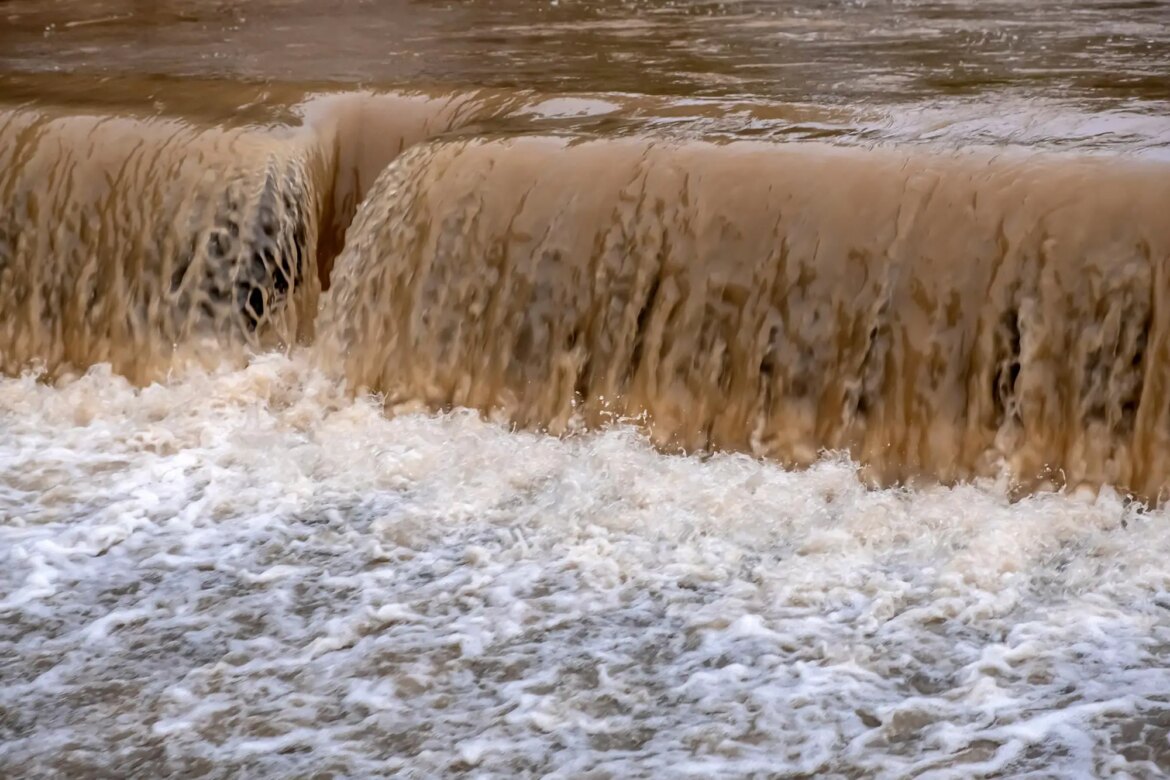The exacerbating effects of climate change on water quality are most noticeable during extreme weather phenomena. Optimal water management approaches necessitate an all-encompassing grasp of the connections among climate variables, land utilization, and human activities, particularly in regions such as Africa and Asia.
Video Content:
Astrological Analysis: The Three Most Mysterious Zodiac Signs
According to the latest report from the Intergovernmental Panel on Climate Change (IPCC), the present level of understanding concerning the impact of climate change on water management is insufficient, both in terms of water availability and its quality.
To address this knowledge deficit, a consortium of international researchers has consolidated an extensive array of studies focused on global river water quality. The research, published today (September 12) in Nature Reviews Earth & Environment, reveals that the quality of river water tends to worsen during incidents of extreme weather. With the escalation of such events due to climate change, both ecosystem health and human access to potable water are increasingly at risk.
Table of Contents
In-Depth Research Findings
Spearheaded by Dr. Michelle van Vliet of Utrecht University, the study scrutinized 965 instances of changes in river water quality during extreme weather conditions such as droughts, heatwaves, torrential rains, and flooding, as well as over long-term climatic shifts. Van Vliet elaborates, “We evaluated multiple constituents of water quality, including water temperature, levels of dissolved oxygen, salinity, and the presence of nutrients, metals, microbes, pharmaceuticals, and plastics.”
The investigation demonstrates that water quality predominantly declines during droughts and heatwaves (68%), heavy rains and floods (51%), and sustained climate change (56%). During drought conditions, fewer water resources are available to dilute contaminants. Conversely, rainstorms and flooding typically lead to an increase in pollutants that enter rivers from land runoff. Some cases also showed improvements or variable responses in water quality due to counteracting factors, such as heightened pollutant dispersion being neutralized by increased dilution during flood events.
Human Activity and Geographical Inequities
Changes in water quality are significantly influenced by variations in river flow and water temperature. Land management and human-induced factors like wastewater treatment also play significant roles. Van Vliet emphasizes, “Comprehending the intricate relationships between climate, land use, and human activities that collectively impact the origination and transport of pollutants is imperative.” The study further advocates for augmented data collection and research on water quality in non-Western nations. “There is a pressing need for enhanced water quality surveillance in Africa and Asia, as most current studies are concentrated on North American and European rivers.”
The research conclusions accentuate the pressing necessity for a more profound understanding of the alterations in water quality occurring during extreme weather events and the underlying mechanisms responsible. “Such an understanding is pivotal for the formulation of effective water management strategies capable of ensuring both human access to safe water and the maintenance of ecosystem health in an era of accelerating climate change and weather extremities.”
Reference: “Global river water quality under climate change and hydroclimatic extremes” by Michelle T.H. van Vliet et al., published on 12 September 2023 in Nature Reviews Earth & Environment.
DOI: 10.1038/s43017-023-00472-3
Frequently Asked Questions (FAQs) about Water Quality Impact
What is the main focus of this study on river water quality?
The primary focus of this study is to investigate how climate change affects river water quality, particularly during extreme weather events.
How many cases were analyzed in this research, and what types of extreme weather events were considered?
The study analyzed 965 cases of river water quality changes. It examined extreme weather events such as droughts, heatwaves, heavy rainstorms, and flooding.
What are some of the key findings regarding changes in water quality during extreme weather?
The research reveals that water quality tends to deteriorate during droughts, heatwaves, heavy rainstorms, and floods in the majority of cases. This deterioration is attributed to factors like reduced water availability during droughts and increased pollutant runoff during heavy rains.
What are the factors driving changes in river water quality?
Changes in river water quality are primarily driven by variations in river discharge and water temperature. Additionally, human activities, including land use and wastewater treatment, play significant roles in shaping water quality.
Why is there a call for more research on water quality in non-Western countries?
The study emphasizes the need for more data collection and research on water quality in regions like Africa and Asia. Currently, most water quality studies are focused on North American and European rivers, highlighting the importance of expanding research to include under-studied areas.
What is the significance of this research for water management and environmental conservation?
This research underscores the urgent need for a deeper understanding of how extreme weather events impact water quality. Such understanding is crucial for the development of effective water management strategies that can ensure access to clean water and protect ecosystem health in the face of climate change and increasing weather extremes.



3 comments
Imp effects on water by climate. Need btr undrstding 4 protectng environmnt. Mor data 4 Asia & Africa #climatechange
Water qualty drop durin weather stuff. Land use, human actions big deal. Urgent need undrstnd ths! #watermanagement
wow, this study show big problem with water quality and climate. lots of cases, many factors. need more data in africa and asia!